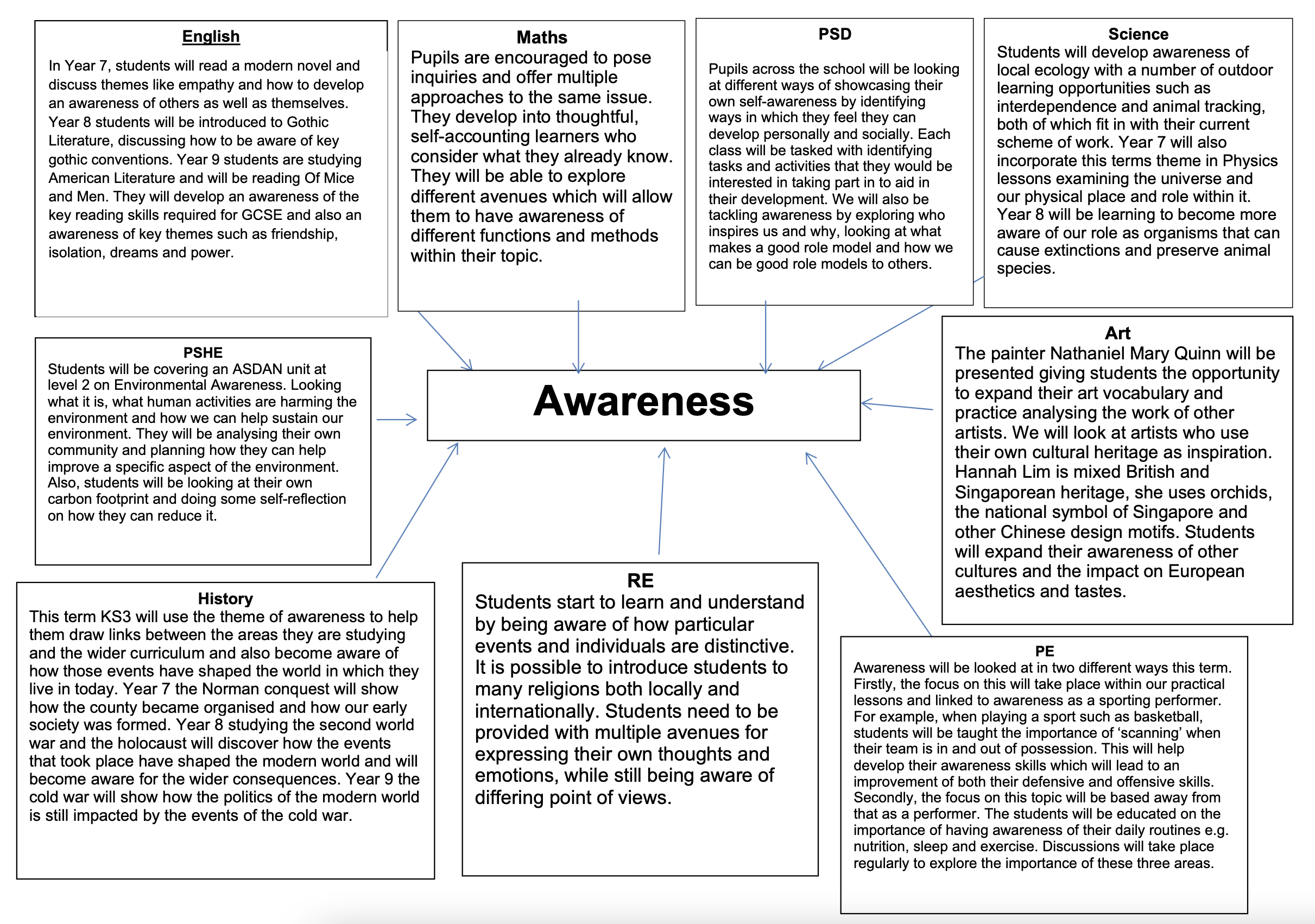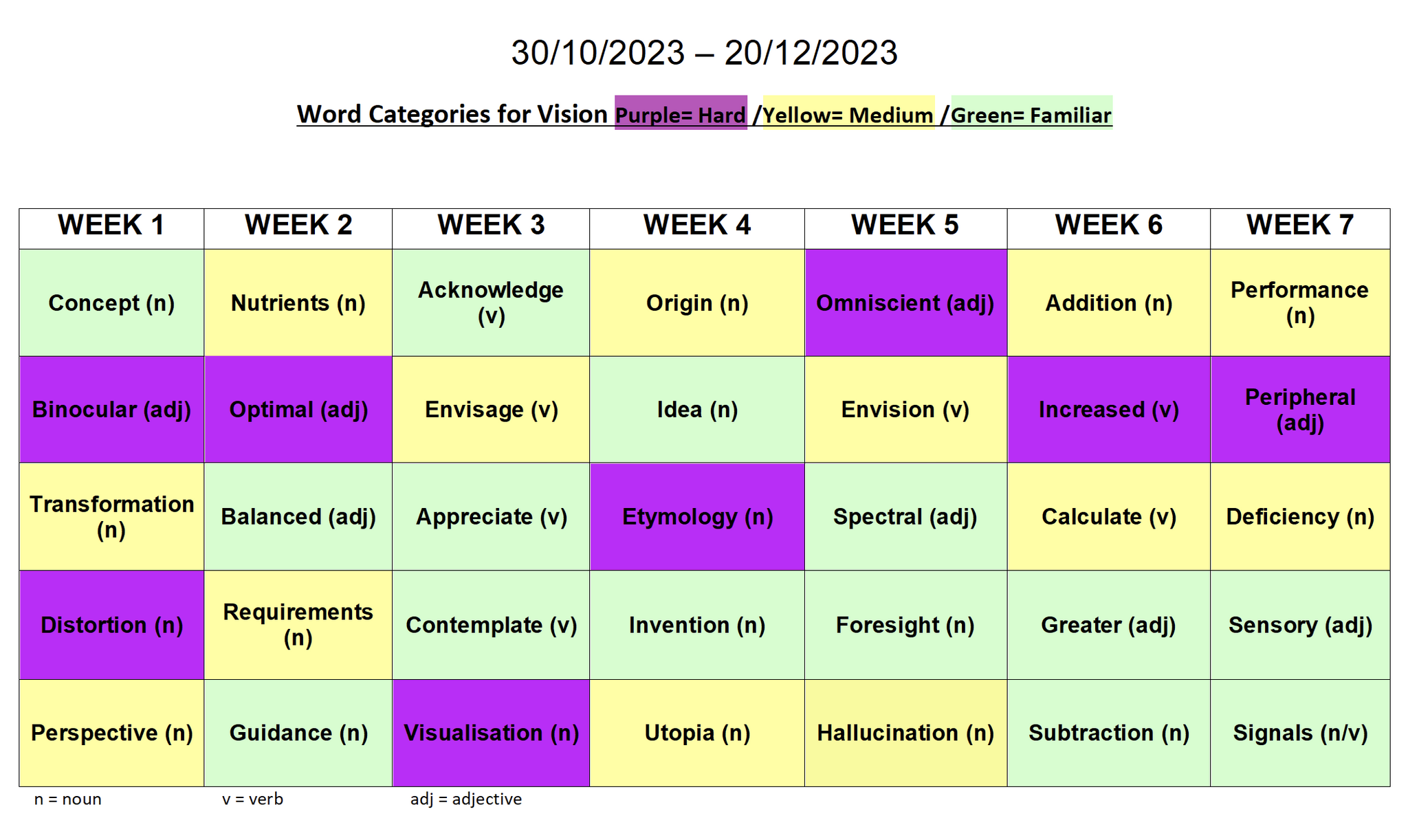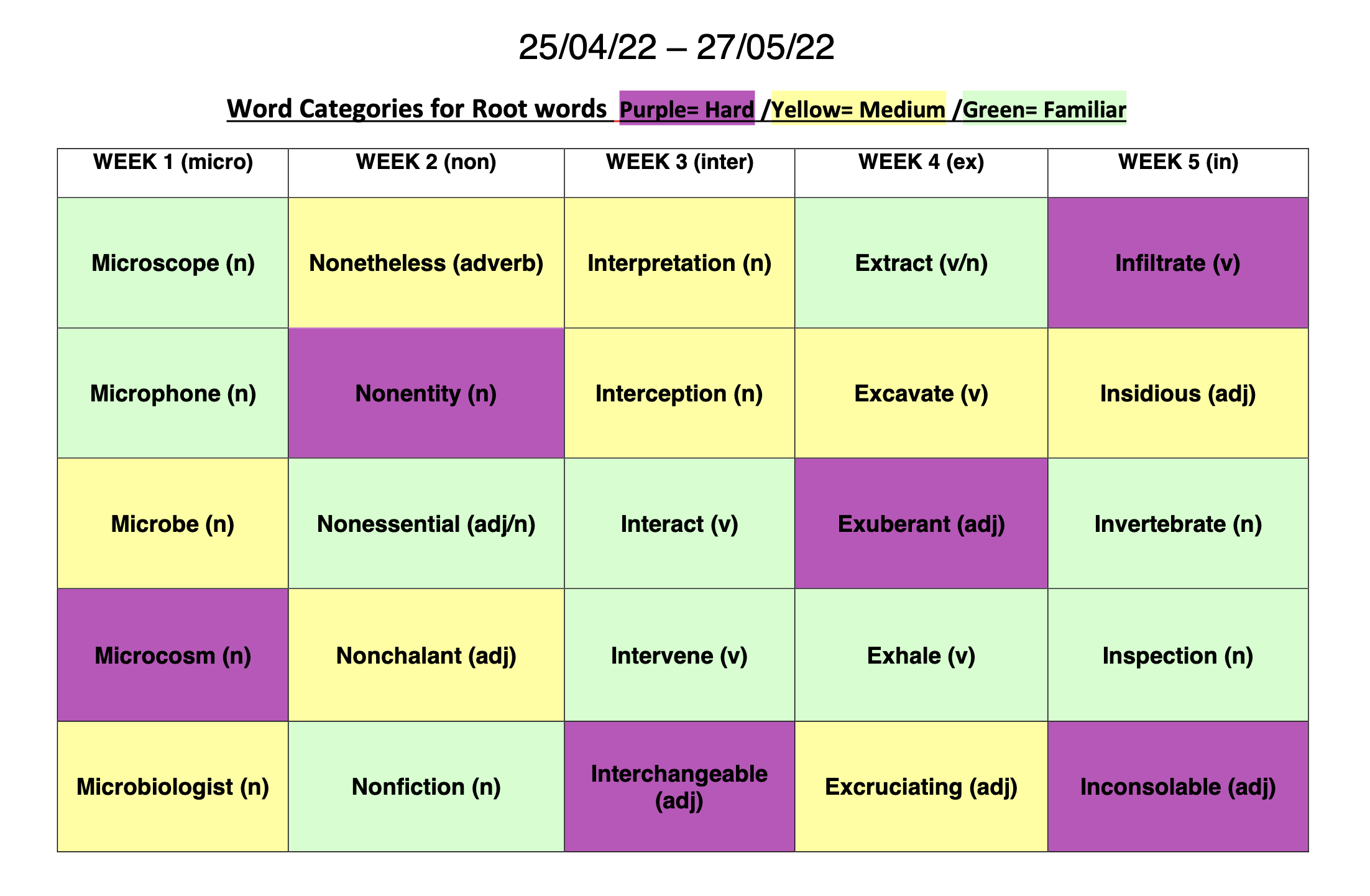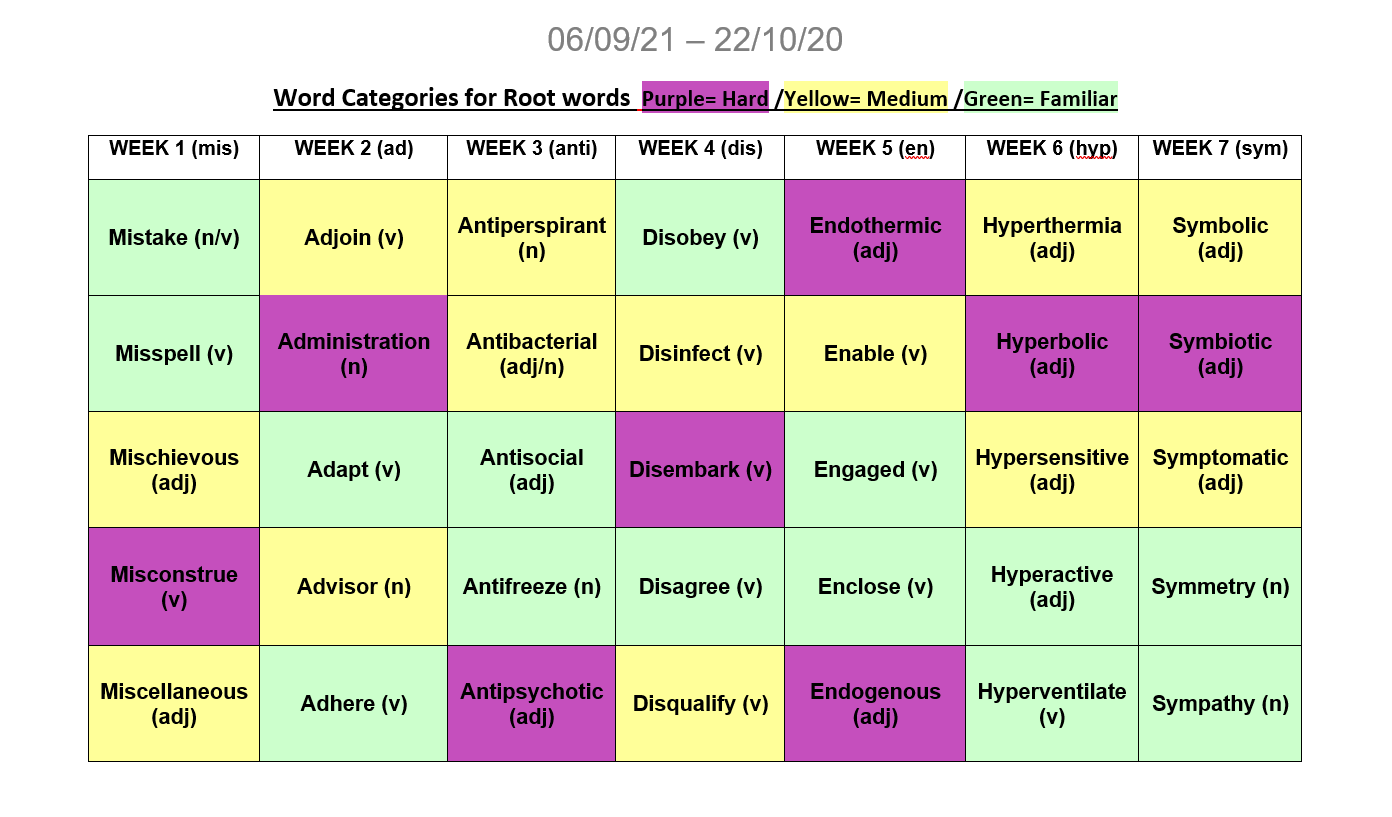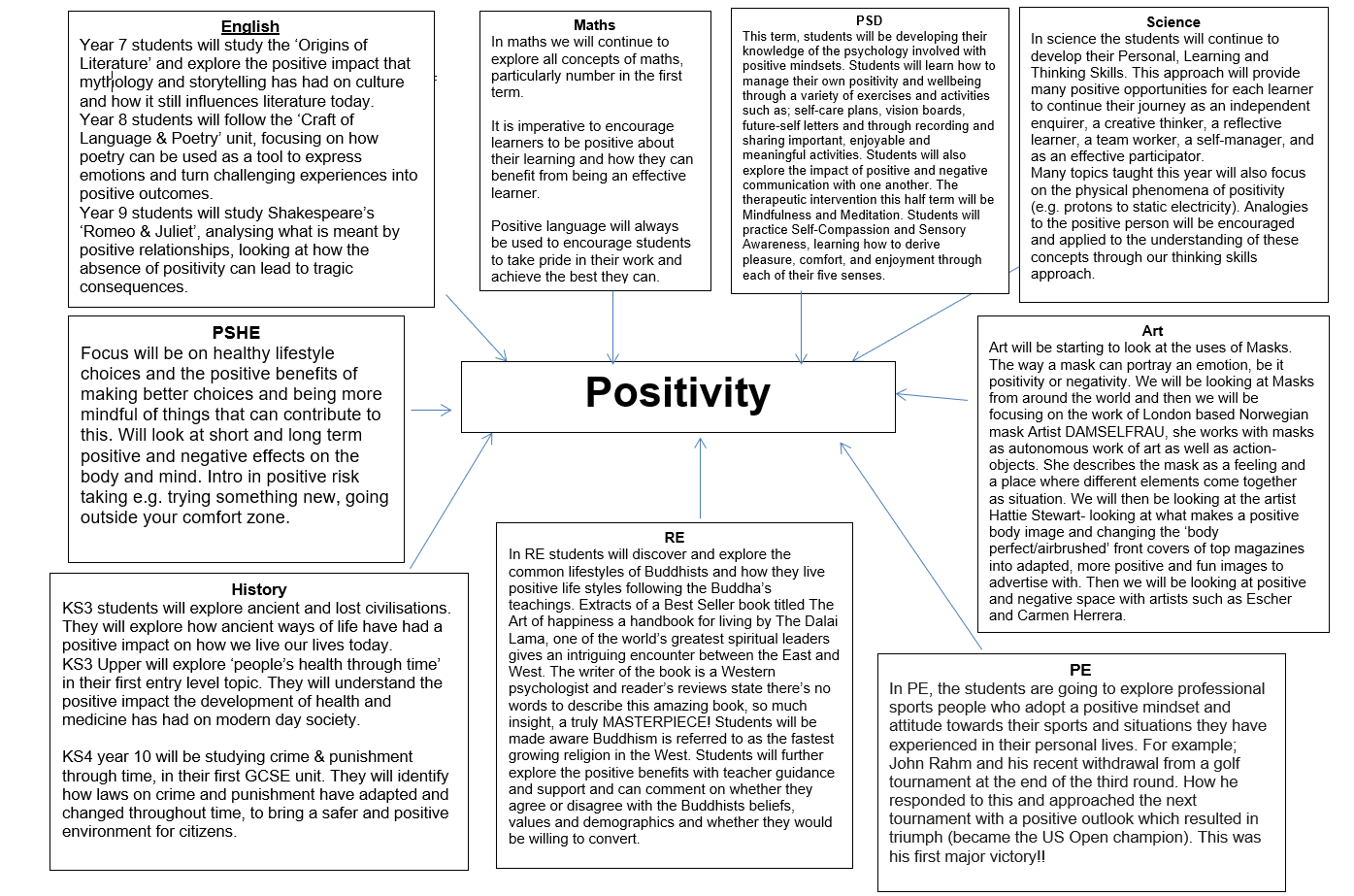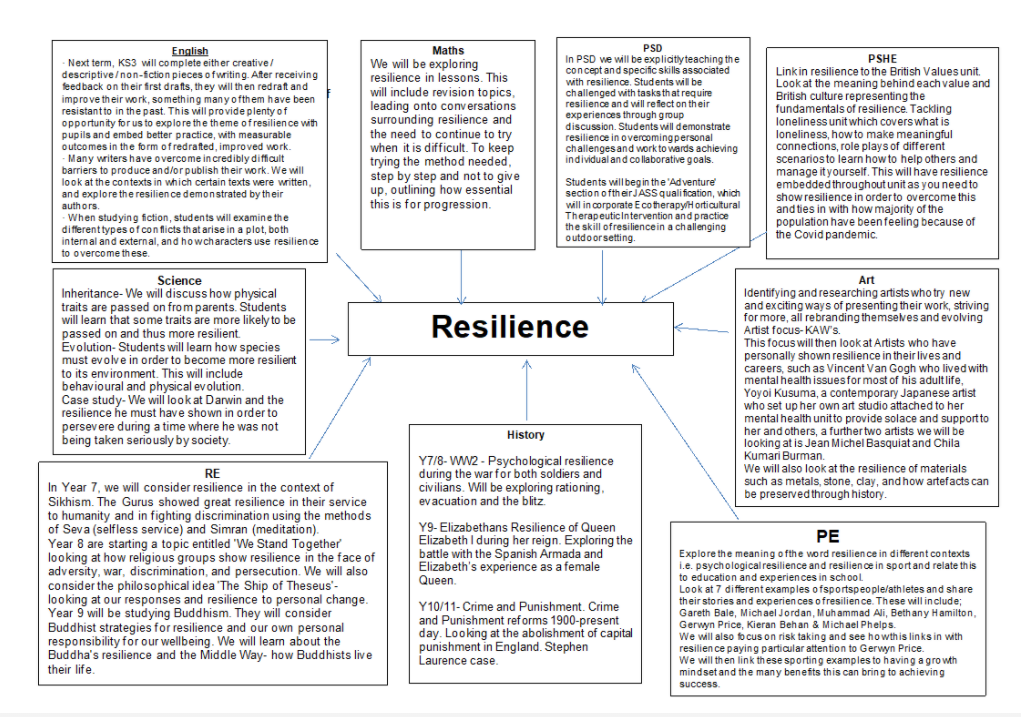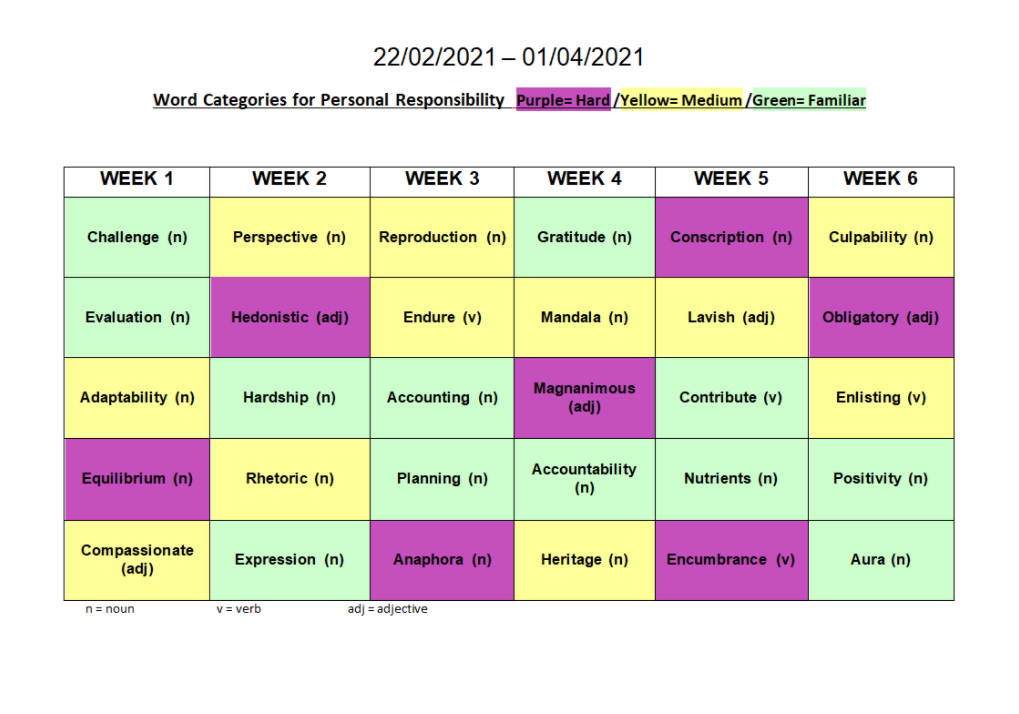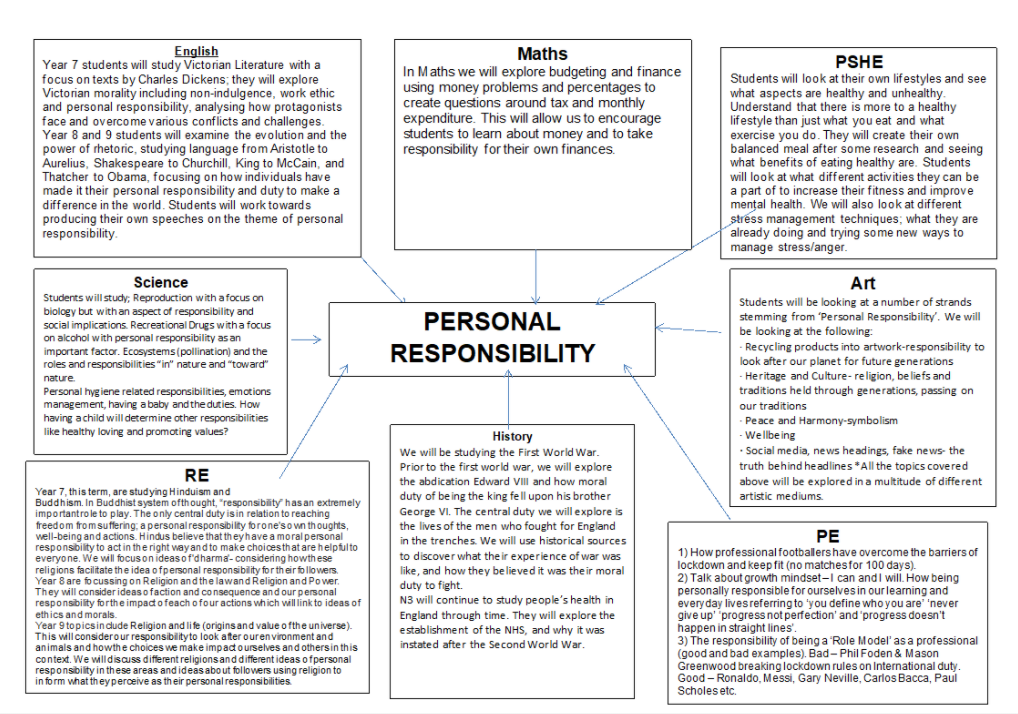This term's theme!
Health
Self-management
Reality
Awareness
Commitment
Vision
The EHS KS3 Curriculum
The KS3 Curriculum is designed to improve the way 11 – 14 year olds learn. It is specifically designed around the needs of the developing adolescent brain providing challenging, engaging, connected learning that young students find relevant and inspiring.
A learning process specifically designed for the 11-14 brain
The unique learning process which is based on research principles, connects subject learning in a way that is suited specifically to the 11 – 14 year old brain. It also creates opportunities for teachers to collaborate and communicate across different subject areas.
This creates a learning environment that helps students to become confident, independent learners, providing the necessary academic rigour to prepare them well for qualifications such as the GCSEs, the Arts Award and AQA Awards.
This academic year we have worked on Communication, Business and Crime. We have brought in outside speakers, visited relevant venues and enjoyed a themed day at the end of every term. This is where we collapse the timetable and engage the theme at a more practical level, working and collaborating across year groups.
Teamwork
Adversity
Success
Positivity
Resilience
Responsibility
The principles of our curriculum design
The traditional curriculum approach hasn’t worked in the past for our students so it is imperative we adopt a curriculum to meet their current needs.
1. Themes/topics are current ‘A Living Curriculum’ and relevant to what is going on in the real world. Students can relate to these themes which stimulates learning and improves engagement in lessons.
2. Themed curriculum supports normal national curriculum guidelines and further enhances the breadth of knowledge students gain. Opportunity to develop a deeper base knowledge.
3. Provides greater flexibility for teachers to plan engaging lessons. Helps provides stimulus of students and prevents boredom. We offer regular academic trips across different subjects to deepen the knowledge and understanding of topics.
4. Provides a focus on improving students social skills as well as academic skills too especially topics including Teamwork, Independence, Vision, Awareness to name a few. Traditionally, students would only have PSD lessons to focus on interpersonal skills. However, this is targeted across the curriculum and during our Think Zone Assemblies.
5. Boost to literacy using the vocab word grids, weekly curriculum assemblies and keywords. Students are tested on relevant words for the different topics we cover to enable to broaden their vocabulary range which will help them feel confident to access the wider curriculum.
6. Outside speakers which are linked in with different themes attend school and further support our curriculum using real life examples.
7. Equality and diversity are reflected upon all subject leads. The themes are deliberately selected to encourage forward thinking attitudes in our diverse society.
The Egerton curriculum looks like this because;
To encourage an enthusiasm for learning in a shared themed approach across the curriculum which is value led.
•Focus-the amalgamation of students’ learning needs with their emotional needs, constantly moving forward, achieving a successful balance
•Driven to ensure that students enjoy their school experience and any obstacles, perceived or otherwise, are met with achievement.
•Outcomes - to embed in students Egerton’s value set, empowering them to grow in confidence, believing in themselves and fulfilling true academic potential
We have designed a curriculum to improve the way 11-14year olds learn.
The curriculum focuses on:
•Being aware of the adolescent developing brain
•Challenge
•Engagement
•Thought processes
•Relevance-” A living curriculum”
It is a learning process specifically designed for the 11-14 brain.
It is a unique learning experience because:
•Each department liaises with one another to ensure that subject matter connects with a termly theme
•This creates a learning environment that helps students to become: Confident; More inquisitive; Independent learners and thinkers
•Providing the necessary academic rigour to prepare them well for qualifications such as the GCSEs and equivalent, The Arts Award and DofE.
Pupils are typically able to articulate their knowledge and understanding clearly in an age-appropriate way. They can hold thoughtful conversations about them with each other and adults.
· Daily and constant reaffirmation of Egerton’s Value set and how it relates to their lives
· Positive relationships with staff
· References to meaningful examples of relatable individuals in the news or in business
· Outside speakers from successful organisations who regularly meet with our students
Examples of how the themed base curriculum has impacted positively on learning:
· Improved attendance
· Fewer lesson walk outs – many visitors feedback on the school feeling like a mainstream environment.
· Curriculum themed days occur termly which offer students an alternative way to learning rather than the traditional classroom-based teaching and learning.
· Students delight in trips out
· Academic progress is significant as work produced by students informs pedagogy making lesson planning more relatable
British Heroes
British Heroes Word Grid
British Heroes Overview
War & Peace
Vocabulary Word Grid for Crime, Business, Communication and War & Peace:
Crime Word Grid
Business Word Grid
Business Word Grid Term 2
Communication Word Grid
Curriculum Planning 2018/19 & 2019/20 - Communication, Business, Crime and War & Peace:
KS3 Communication Overview
KS3 Business Overview
KS3 Crime Overview
KS3 War & Peace Overview









